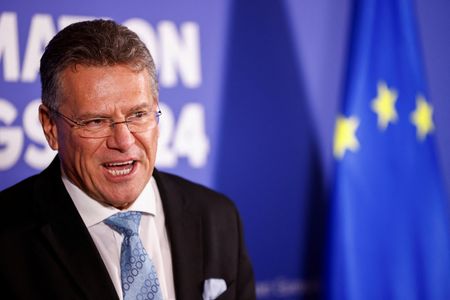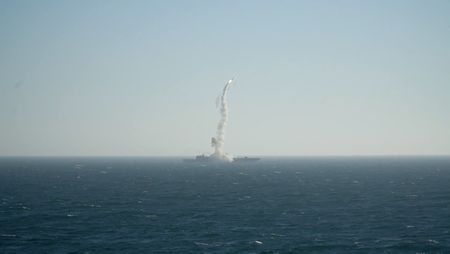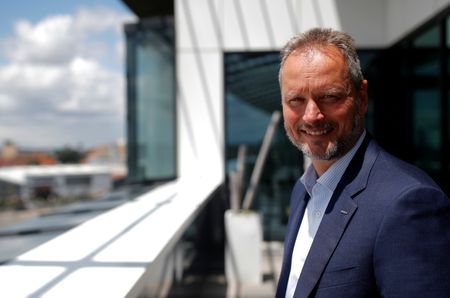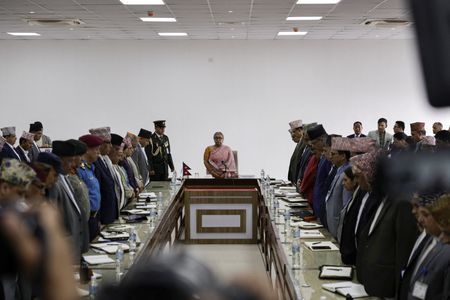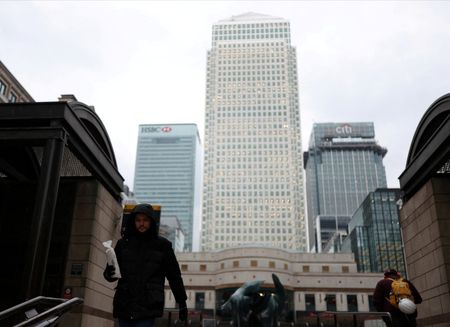BRUSSELS (Reuters) – The European Union is under no pressure to accept an unfair tariff deal with the United States, its trade chief said on Tuesday, adding that it was being contacted by other countries seeking to forge closer trade ties with the 27-nation bloc.
The EU faces 25% U.S. import tariffs on its steel, aluminium and cars and so-called “reciprocal” tariffs of 10% for almost all other goods, a levy that could rise to 20% after President Donald Trump’s 90-day pause expires on July 8.
European Trade Commissioner Maros Sefcovic said the EU would use the pause to prepare further rebalancing measures and ensure a level playing field if talks failed.
“All options remain on the table here,” he told the European Parliament.
While the EU’s clear preference was to negotiate a solution with the United States, he said Washington now needed to show its readiness to make progress towards a fair and balanced agreement.
“We do not feel weak. We do not feel under undue pressure to accept a deal, which would not be fair for us,” Sefcovic said.
The commissioner said U.S. tariffs now covered 70% of EU goods trade to the United States and that could rise to 97% after further U.S. investigations into pharmaceuticals, semiconductors and other products.
He said the EU was also focused on the 87% of global trade not conducted with the U.S., pointing to the bloc’s negotiations with India, Indonesia, the Philippines, Thailand and Malaysia.
“I can tell you that our phones are not stopping ringing all the time because everyone wants to accelerate free trade agreement negotiations with us,” he said.
The comment evoked language from the White House, which has said it has received a flood of calls from governments seeking to cut deals and reduce the impact of Trump’s tariffs, which have roiled markets and raised fears of a global economic downturn.
The European Union has suspended its own countermeasures against the U.S. steel tariffs to give room for negotiations, although they appear not to have made much progress.
Sefcovic said the EU would also guard against possible surges of imports due to trade diverted by Trump’s tariff wall, adding that a task force set up to monitor trade diversion would produce its first results in mid-May.
(Reporting by Philip Blenkinsop; Editing by Sharon Singleton and Joe Bavier)

